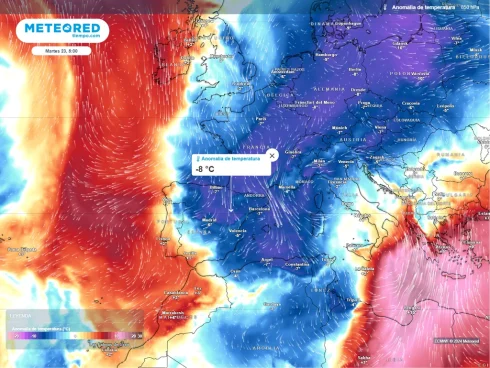Lisa Tilley believes, 30 years on, Spain is finally coming to terms with democracy as the past is unearthed
THIRTY years ago, Spain held its first elections since 1936, ending a 41-year democratic drought. Overnight, Spanish citizens went from subjects to participants as they exercised their right to representation. The demos (the people) were back in power and Adolfo Suárez was voted Prime Minister on June 15, 1977, under the party ‘Union of the Democratic Centre’.
For most, casting their votes at the ballot box was about the dream of burying the old Spain. The old Francoists were intending to vote away the three great enemies of España: “communism, pornography and inflation,” according to Manuel Fraga Iribarne, General Franco’s information minister and founder of the party that later became the Partido Popular.
For others, the motivation was the wish to bury the myth of the two Spains and the ghosts of the civil war.
However, the almost universal goal was to emerge peacefully from dictatorship; therefore, against fascism or communism, 19 million Spaniards from across the two Spains turned out to vote on Wednesday June 15, 1977.
It was not guaranteed to work…
Martyrs to democracy
During the 1970s, many political analysts believed – as some do now about Islam – that Catholicism combined with a Latin culture was just not compatible with democracy. They thought that Hispanic people were simply not democratically predisposed: a decade or so later, Spain and much of Latin America would prove them wrong.
But the transition was not without its setbacks. A matter of weeks before the elections as Spain was gearing up to a new democratic dawn, the country woke up to a stark reminder of the other possibility.
In Madrid, nine people were doing legal work for emerging political parties in a lawyers’ office at number 55, Calle Atotcha, when members of an extreme right-wing death-squad burst in and opened fire. Five of them were killed, four were badly injured, and they would come to be remembered as the Lawyers of Atotcha, who died working for democracy.
This was a chilling reminder of what Spain could go back to with a click of the fingers. To avoid a return to arbitrary violence, democracy had to be achieved. But slipping successfully out of a fear-ridden autocracy and into a free democracy usually comes as a result of plea-bargaining and deal shaping with the old regime.
In return for liberalisation, Franco’s cronies stitched up Spain – the old fascists ensured they would not be brought to justice.
So Spain sacrificed any chance of truth and justice for the victims of the heinous felonies perpetrated by the old Francoists. They simply ‘forgot’ and agreed not to unearth the past in return for the former elite’s agreeing to democracy.
Thus, Spain became a nation of obsessive sweepers with the close of dictatorship – as murder, disappearance and torture were swept neatly under a communal rug.
Uncovering the past
“Spain emerged from a long, dark tunnel,” explained Prime Minister José Luis Rodríguez Zapatero. “And touched with its hands, this powerful hope that freedom and democracy represents.”
And this hope had to supersede the longing to find the father who disappeared in the dead of night or the son who was murdered in the street. That is why so many thousands of victims in mass graves have laid untouched for several decades.
A generation later, the two Spains are diluted and the threats of dictatorship, death squads and extrajudicial killings are things of the past. Only now is Spain overcoming its collective amnesia by deciding the exhumation of the bones of Franco’s victims will allow for the final burial of his dictatorship.
This is why we are living in a historically momentous time in Spain – not only that the country has reached 30 democratic years, but also that it is finally beginning to consolidate its democracy by digging up the truth.
A democracy with only free and fair elections is like a palace with only one pillar – impossible to hold up. Democracy should increase equality and self-determination, and be a means of fostering collective decisions and individual human rights.
There are flaws in Spain, no regime is perfect, and all the pillars of democracy are not fully-constructed. Accountability should be a central prop – but police can be brutal with impunity and a plethora of corruption scandals surround councillors and mayors who were not held to account at the ballot box in May this year.
Spain does, however, have what is sometimes called the ‘lost pillar’ of democracy: a collective moral code, Catholicism. Many capitalist democracies have eroded communities with rampant individualism and, arguably, people have fewer human rights in their crime ridden neighbourhoods.
But the Spanish continue to maintain firm communities, capable of collective decision-making, even in city centres. So, 30 years on, Spain has a great deal to be proud of…






